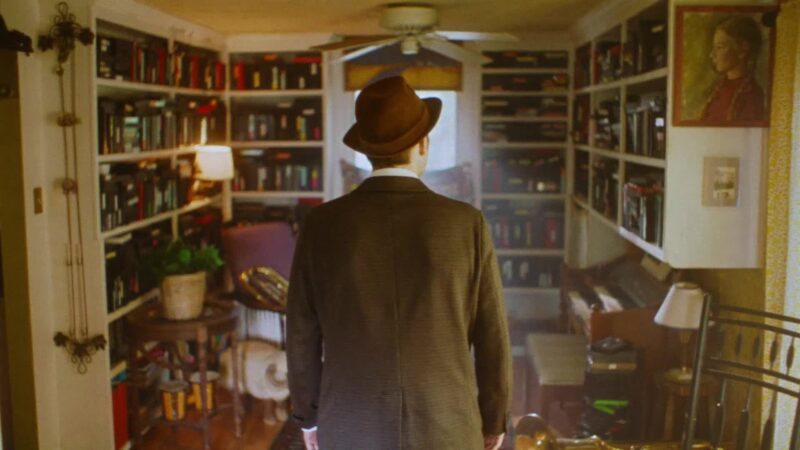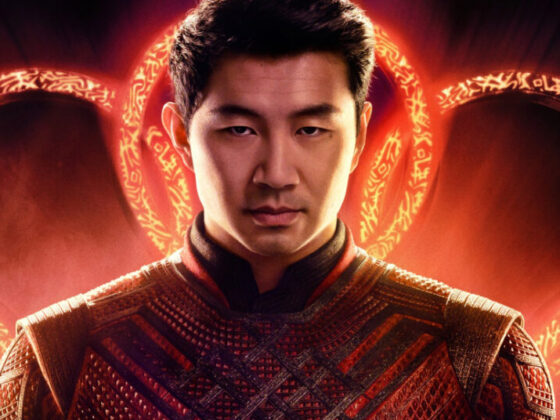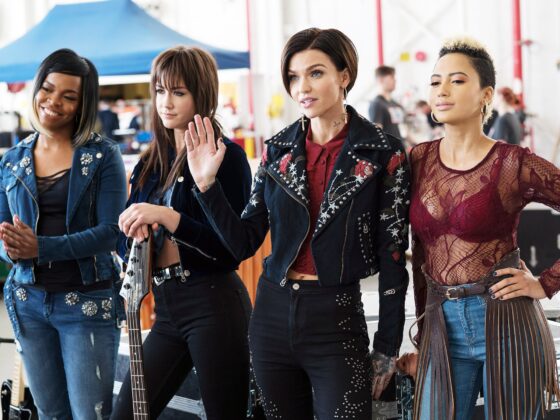Back in the 90s there used to be a lot of futuristic movies that would run you into the ground, but the 90s were the preserve of cheesy action and sci-fi.
Then there were the weird sci-fi movies, whose only real purpose was to show us how we would all look in the year 2000, and we were sometimes too scared to tell them we were too scared to ask their opinions on the matter. This is why we still have weird sci-fi movies and we can still be too scared to ask their opinions on the matter. When we’re not scared of them we can be scared of them.
The future of the humble VHS movie cassette is looking increasingly bleak. The rise of streaming services and a plethora of other options have seen a dramatic decline in the tape rental market.
The delightful, low-budget Sundance oddity from Kentucker Audley and Albert Birney imagines a future where our sleeping hours are for sale.
Nothing is more dull than hearing about other people’s dreams, according to popular opinion. This should make James Preble, the shy, cutely mustachioed protagonist of “Strawberry Mansion,” the unfortunate owner of the world’s most boring job. He’s a tax auditor, and his job entails sifting through his clients’ dreams in search of hidden charges. This makes a weird sort of sense in this endearingly cash-strapped sci-fi tale. The film’s foggy, absurd world-building reinforces the film’s senselessness, which is set in 2035 of paper-mâché futurism and rebellious analog aesthetics.
“Strawberry Mansion” attempts to accomplish a lot within its fragile framework, ranging from a prankish surrealist comedy to a fey, across-time love tale, sometimes giving way to an anti-capitalist satire targeted directly at today. The nature of dreams is that they don’t stick to any one job for very long, instead skittering aimlessly between dazzling ideas and brighter images. Audley and Birney’s film is much closer to the illogical disorder of “The Science of Sleep” than the clinical architecture of “Inception” in its exploration of where we go when we shut our eyes. Following its debut in Sundance’s NEXT strand, the numbers on both sides are expected to stay modest.
Audley, the quirky actor-filmmaker best known as the creator of the NoBudge free microbudget streaming service, isn’t recognized for being a traditional distributor. Beginning with its distinctive, innovative shooting technique, “Strawberry Mansion” openly shows its fix-it-and-make-do attitude. The digitally shot film, which was then converted to 16mm after editing, retains the blown-out light and smeary film grain of both methods.
That seems right for a collaged vision of the near future put together by Becca Brooks Morrin and costume designer Mack Reyes from confused twentieth-century fashion and industrial design decades. Preble’s tweedy 1950s ensemble contrasts sharply with the 1980s videocassettes he uses to go into other people’s fantasies. Only that ridiculous capability puts these occurrences in the distant future; otherwise, it’s as if an atomic explosion wiped away all post-internet technology.
Preble is played by Audley, who seems to be a miserable bachelor with little life outside of work — except for lonely drive-thru binges on brutally processed fried chicken, which also occurs in his dreams. He’s called to Bella’s (Penny Fuller) lovely rural home, where she’s many decades behind on her fantasy taxes. He accepts her offer to stay for a few days and sets about the enormous job of sorting through her library of recorded dreams to see which of her unconscious ideas have been living rent-free in her brain. In the process, he falls in love with Bella’s lovely younger self (Grace Glowicki), finding the happiness he’s been searching for in a dreamscape that isn’t even his own.
Bella’s antiquated archive, which has the potential to expose a creepy corporate conspiracy that allows aggressive marketing to infiltrate even the non-waking lives of the general public, is a complicated situation that doesn’t get any easier when it turns out that other authorities have their sights set on it. It’s easy to see a sleek episode of “Black Mirror” riffing on the concept of dream advertising as a paranoid metaphor for our present era of data-sharing and its unsettling, invasive consequences. The writing of Audley and Birney isn’t oblivious to these possibilities, but it leaves it up to the viewer to unravel them as the story progresses.
In a star-crossed journey that ultimately returns to their first meeting — which turns out to be a reunion instead — Preble and Bella are perpetually separated by time and space, as well as interdimensional seas. The old Bella (played by Fuller with a caustic, deadpan spaciness) vanishes in favor of her younger, manic-pixie dream persona, and these changes need a high degree of whimsy.
Preble asks Bella about her job in his first discussion with her: Preble sighs inwardly before penning “artist” after her garbled, meandering answer takes several turns before getting at the term “environment creator.” “Strawberry Mansion’s” creators seem to be able to identify as either.
Even as their film stretches the boundaries of imagination, there are pleasures to be found in the joyful, handmade execution of their vision, which incorporates everything from creaking animal puppets to 8-bit effects. It’s a film that understands how dreams work, in all of its anarchic narrative structure and roundabout psycho-logic, and it doesn’t need a big fantasy budget to do so. In the first place, who granted Disney the monopoly on generating our fantasies?
SCORE: 6 OUT OF 10
In a few hundred years, humans will be a thing of the past. “We won’t be a species at all. We’ll just be something else. Or something else. There’s a possibility that we won’t live at all. We might be some kind of fifth-dimensional being. Maybe we’ll be some kind of superhive, a hive mind, a hive society, a hive organism… But we won’t be humans. We’ll be something else. Or something else…” — Jonathan Coulton. Read more about strawberry mansion sundance and let us know what you think.


